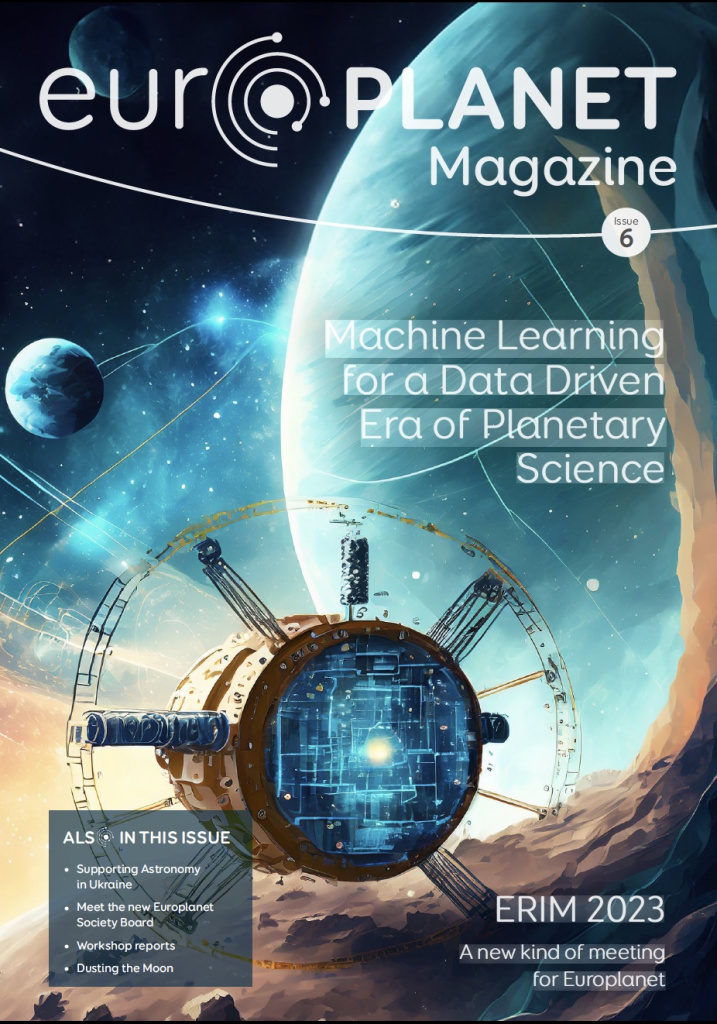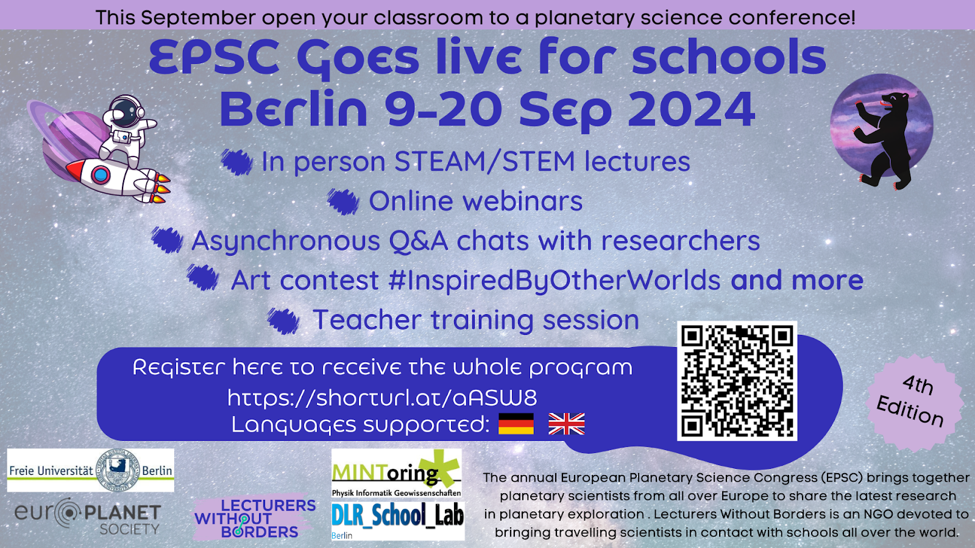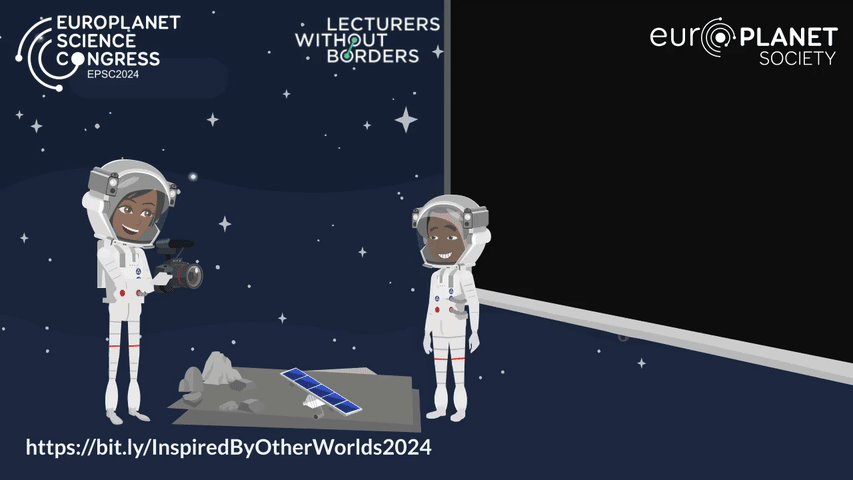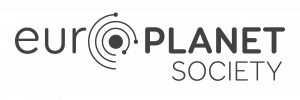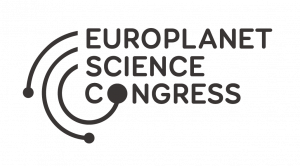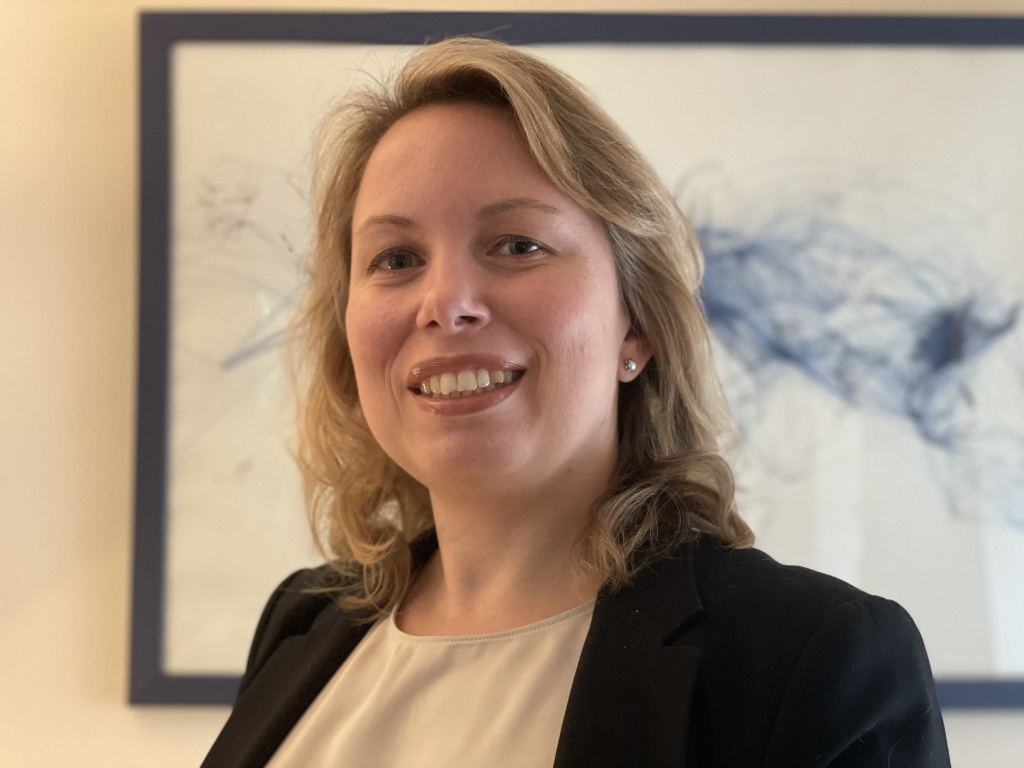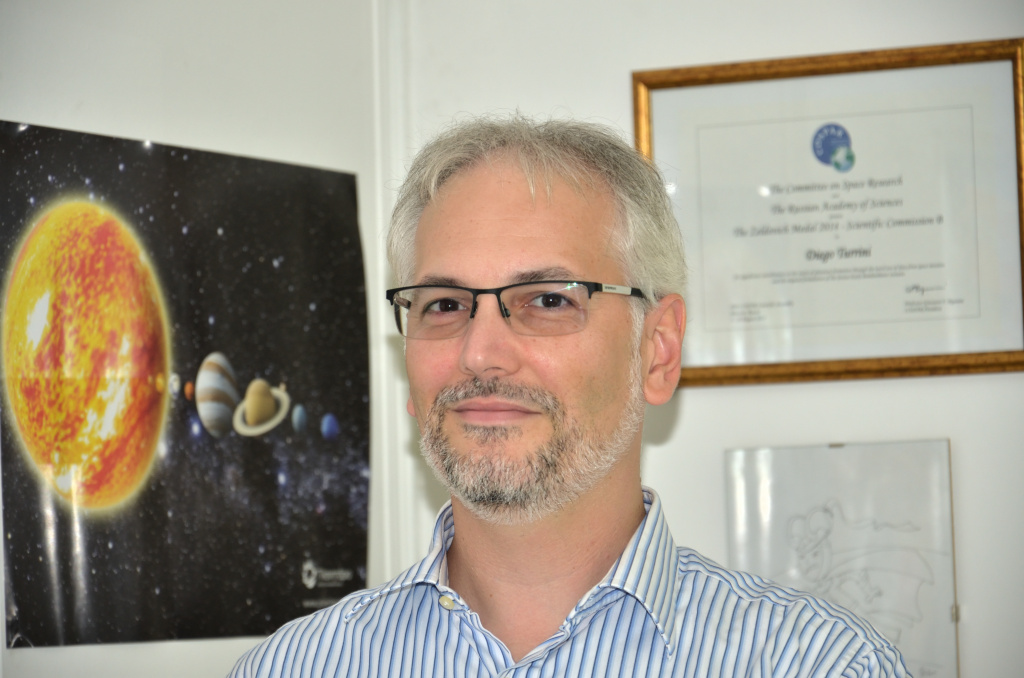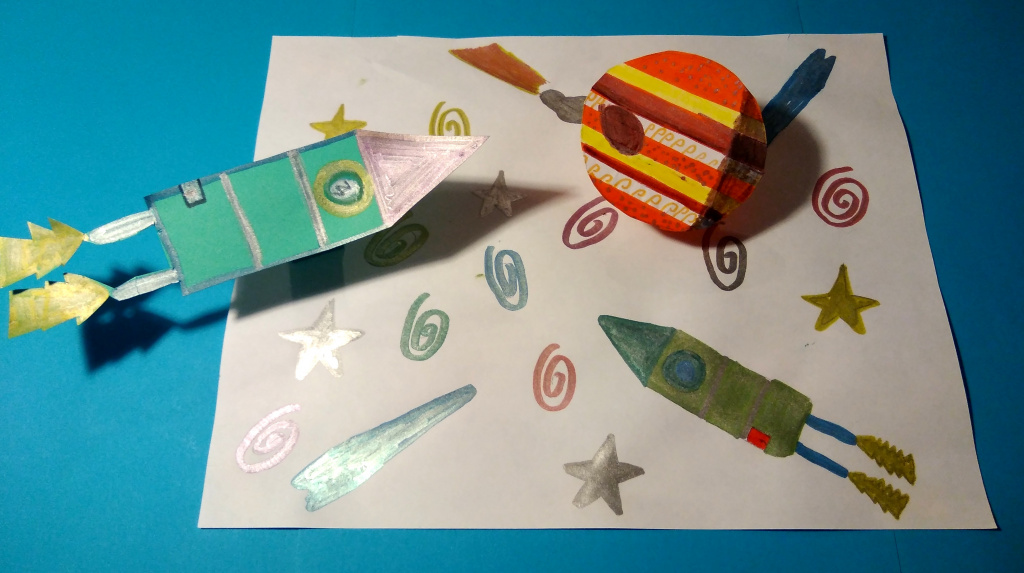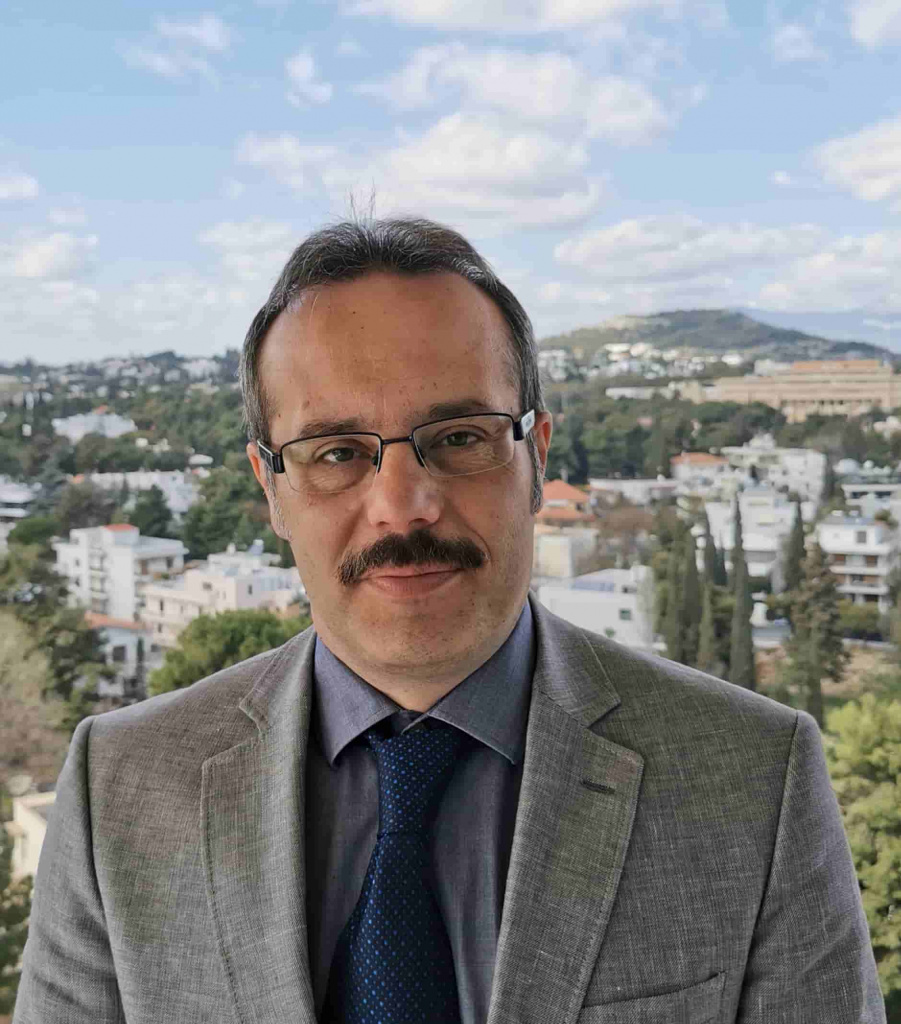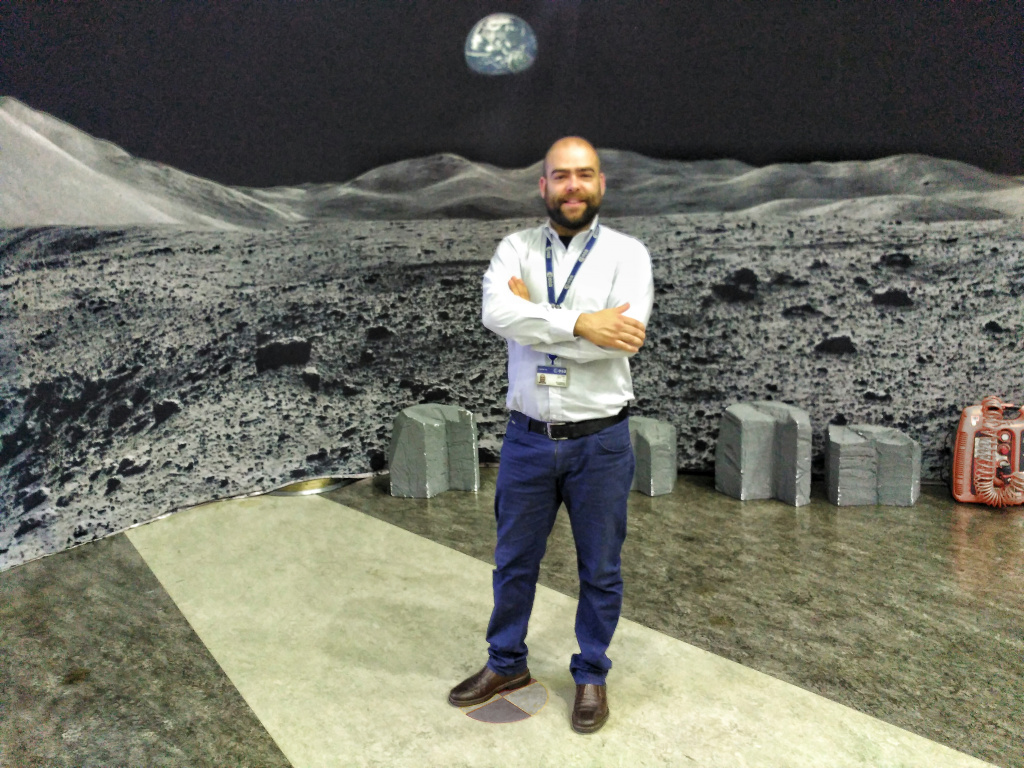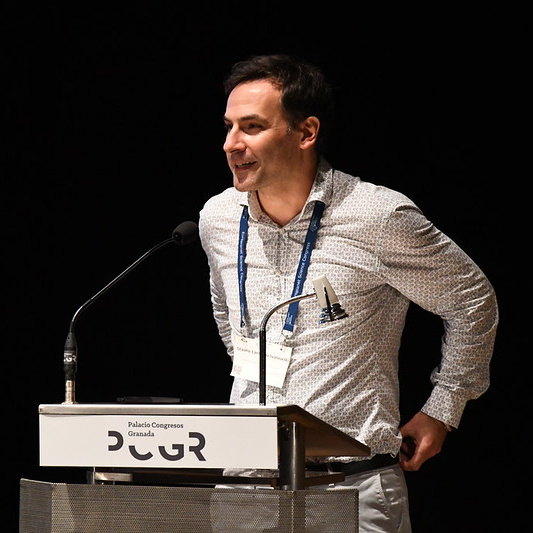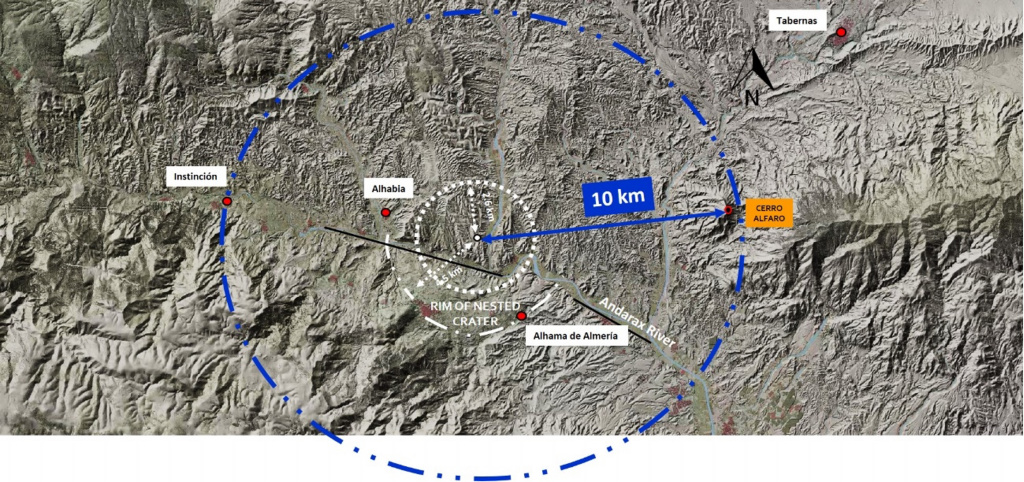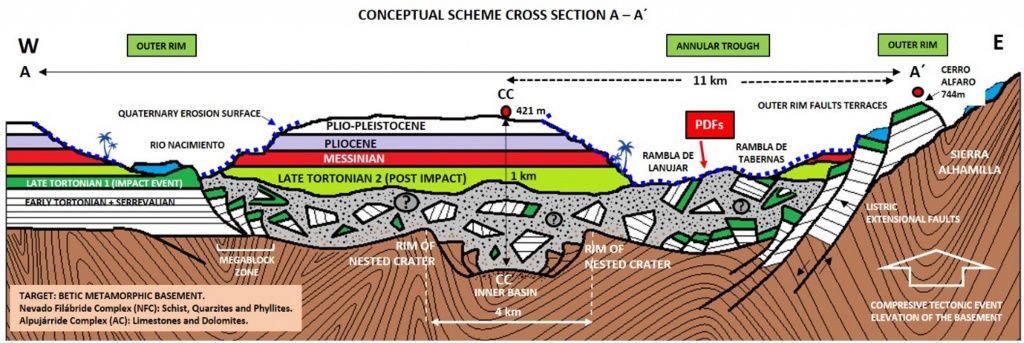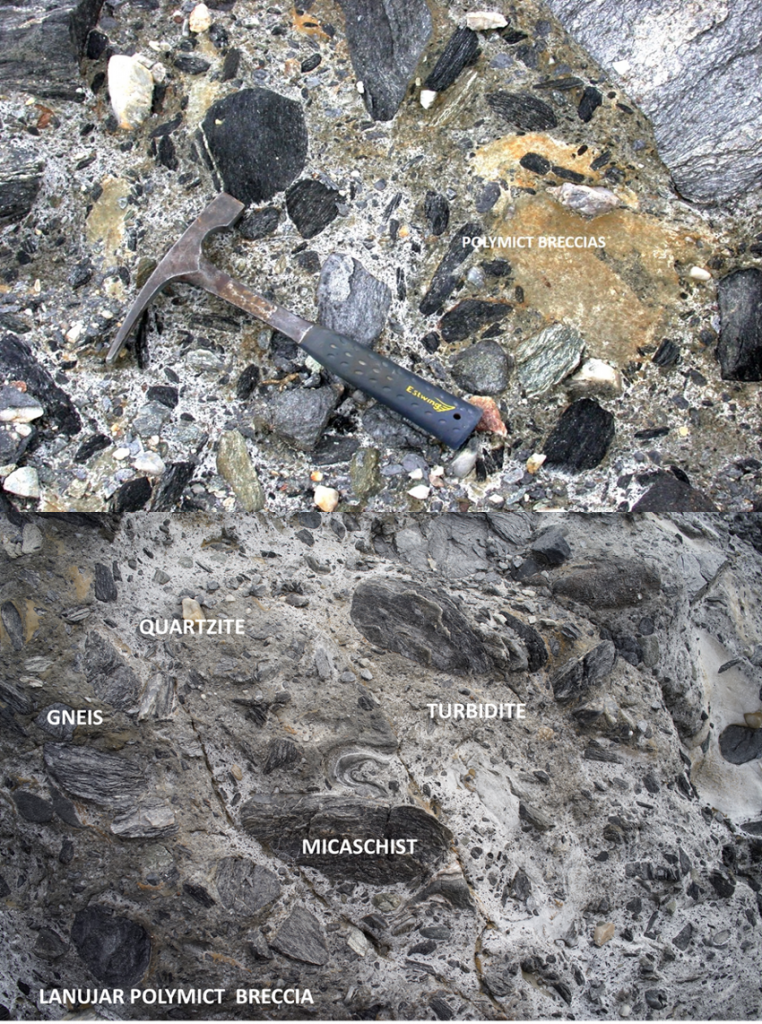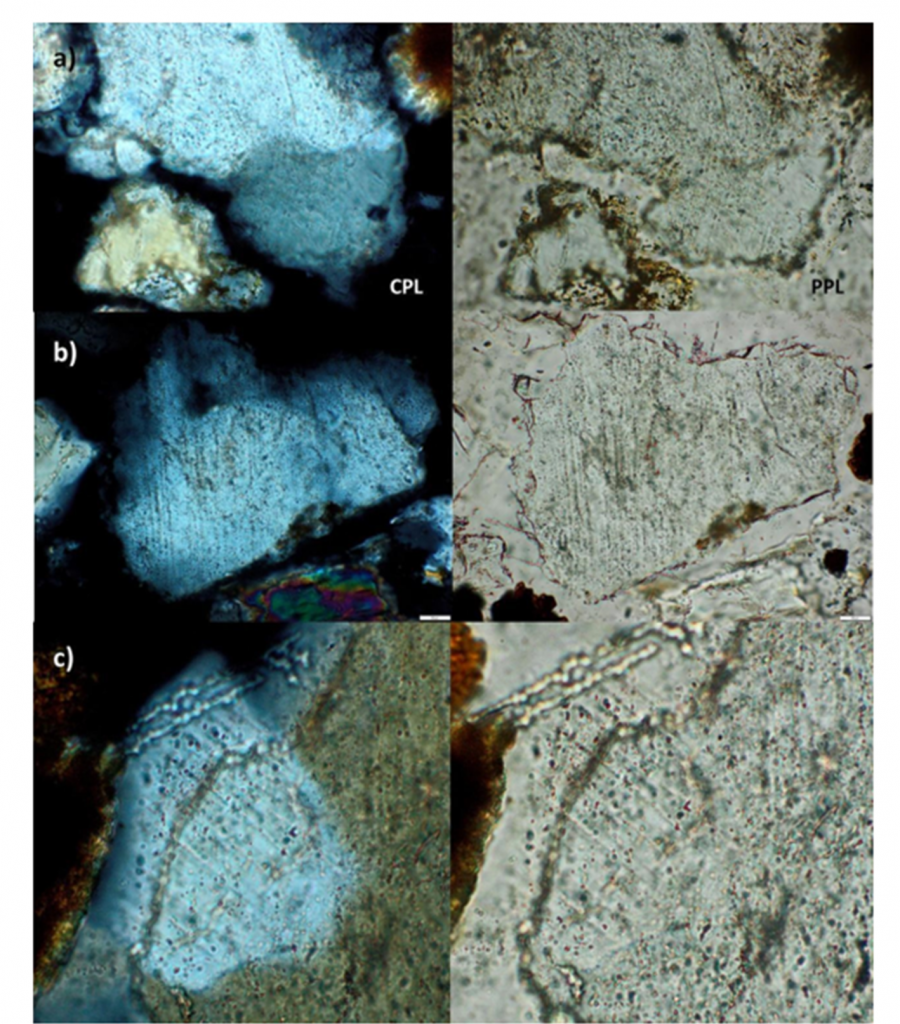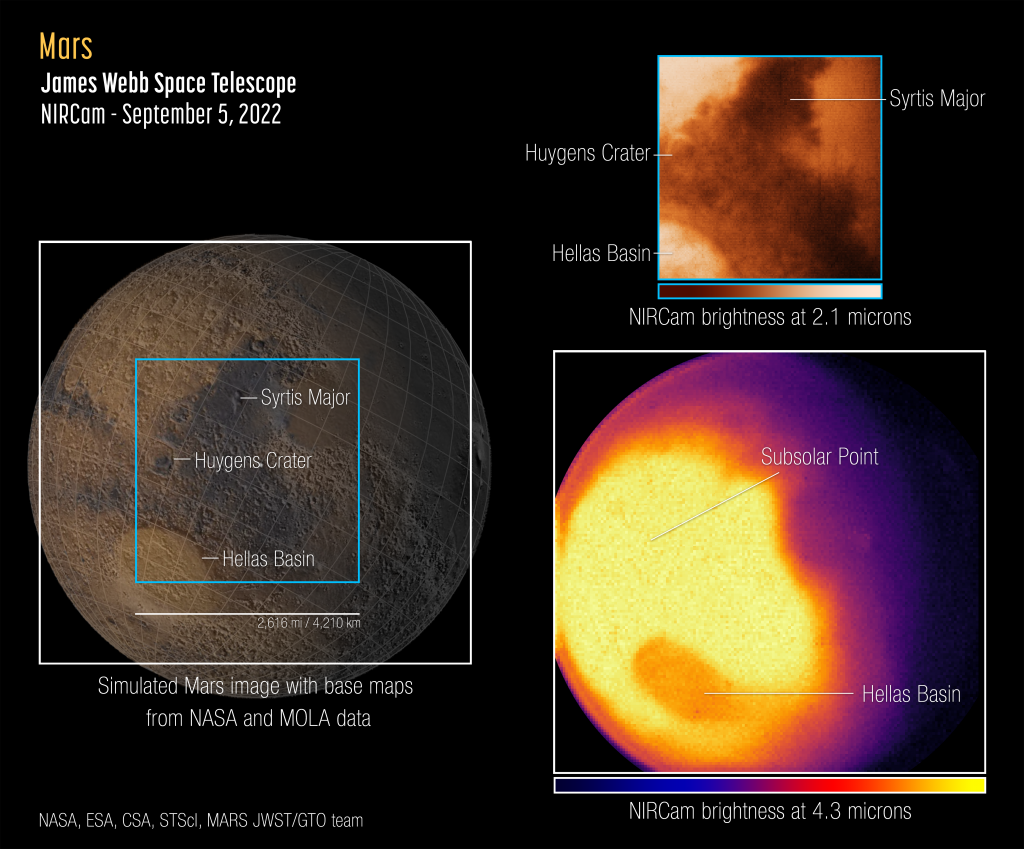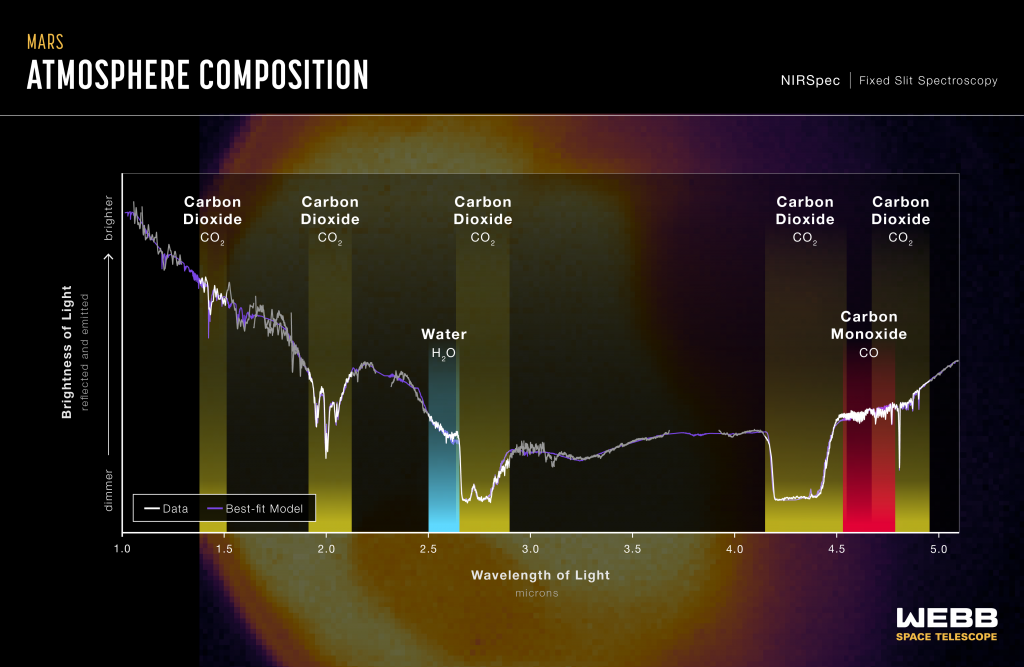Europlanet Prize for Public Engagement 2022 awarded to the ‘Planets In Your Hand’ Tactile Exhibition
Europlanet Press Release
The 2022 Europlanet Prize for Public Engagement has been awarded to Dr Kosmas Gazeas and the team behind the ‘Planets In Your Hand’ tactile exhibition.
‘Planets In Your Hand’ is an interactive, mobile set of models of planetary surfaces, constructed in square frames, that gives a multisensory impression of the wide variety of surface characteristics and environmental properties of the planets in our Solar System.
The exhibition, although suitable for people of all ages, has been specifically designed for visually impaired audiences, and has travelled to schools, universities and private institutes and organisations, reaching thousands of visitors to date.
Dr Federica Duras, Chair of the Europlanet Outreach Jury, said: “Imagination and creativity has led to a stunning, original exhibition led by a passionate and committed team. Giving opportunities to ‘touch space’ with your own hands is one of the most effective ways of making science and astronomy accessible and inclusive. Congratulations to the whole team.”
The award was presented during the Europlanet Science Congress (EPSC) 2022 in Granada on behalf of the team to Dimitrios Athanasopoulos, who gave a 20-minute prize lecture. The team will also receive a cash award of 1500 Euros.
Eugenia Covernton, CEO of Lecturers Without Borders, who nominated the team for the Europlanet Prize, said: “Planets In Your Hand is an outstanding hands-on exhibition that is inclusive for people with visual impairments and is overall a great tool for the public to grasp concepts related to the different compositions of the planets”
Sophia Drakaki and Dimitris Blougouras, Founders of CityLab, a STEM center specialized in activities for children and young people, said: “The team wanted a real hands-on experience that lasts. And yes, they did it! The on-the-spot visitors can see, touch and feel the surface texture and temperature of the planets and ‘travel’ on them, with the assistance of experts in astrophysics and education that can answer the megabytes of questions that the kids generate!”
Evangelia Mavrikaki, professor of the Department of Primary Education at the National and Kapodistrian University of Athens (Greece), said: “The exhibition is portable, providing huge flexibility accessing schools and institutes in remote areas of Greece and all over the world. Science communication activities of such a kind are rare in remote places and away from large towns.”
Dr Gazeas, the team lead, who is a lecturer of observational astrophysics in the Department of Physics of the National and Kapodistrian University of Athens (Greece), said: “We are deeply honoured to receive the Europlanet Prize for Public Engagement for our efforts in science communication and public outreach activities in the frame of the project Planets In Your Hand. The selection of our project by the judges acts like a confirmation to the team for the hard work that has been done since 2017 and especially during the past 3 years.”
Images
Federica Duras, Chair of the Europlanet Outreach Working Group, presenting the Europlanet Prize for Public Engagement to Dimitrios Athanasopoulos on behalf of the ‘Planets In Your Hand’ team. Credit: Europlanet
https://www.europlanet-society.org/wp-content/uploads/2022/09/Dimitrios_Athanasopoulos_PIYH_Prize_Ceremony_Duras.jpeg
Dimitrios Athanasopoulos accepted the Europlanet Prize for Public Engagement on behalf of the ‘Planets In Your Hand’ team. Credit: Europlanet
https://www.europlanet-society.org/wp-content/uploads/2022/09/Dimitrios_Athanasopoulos_PIYH_Prize_Ceremony.jpeg
Dimitrios Athanasopoulos giving the Europlanet Prize for Public Engagement Lecture on behalf of the ‘Planets In Your Hand’ team. Credit: Europlanet
https://www.europlanet-society.org/wp-content/uploads/2022/09/Dimitrios_Athanasopoulos_PIYH_Prize_Ceremony2.jpeg
Dimitrios Athanasopoulos giving the Europlanet Prize for Public Engagement Lecture on behalf of the ‘Planets In Your Hand’ team. Credit: Europlanet
https://www.europlanet-society.org/wp-content/uploads/2022/09/Dimitrios_Athanasopoulos_PIYH_Prize_Ceremony3.jpeg
The ‘Planets In Your Hand’ exhibition. Credits: Kosmas Gazeas
https://www.europlanet-society.org/wp-content/uploads/2022/09/PIYH1.jpg
The ‘Planets In Your Hand’ exhibition. Credits: Kosmas Gazeas
https://www.europlanet-society.org/wp-content/uploads/2022/09/PIYH2.jpg
The ‘Planets In Your Hand’ exhibition. Credits: Kosmas Gazeas
https://www.europlanet-society.org/wp-content/uploads/2022/09/PIYH3.jpg
The ‘Planets In Your Hand’ exhibition. Credits: Kosmas Gazeas
https://www.europlanet-society.org/wp-content/uploads/2022/09/PIYH4.jpg
The ‘Planets In Your Hand’ exhibition. Credits: Kosmas Gazeas
https://www.europlanet-society.org/wp-content/uploads/2022/09/PIYH5.jpg
A model from the ‘Planets In Your Hand’ exhibition representing Mars. Credits: Kosmas Gazeas
https://www.europlanet-society.org/wp-content/uploads/2022/09/PIYH_Mars.jpg
A model from the ‘Planets In Your Hand’ exhibition representing Earth. Credits: Kosmas Gazeas
https://www.europlanet-society.org/wp-content/uploads/2022/09/PIYH_Earth.jpg
A model from the ‘Planets In Your Hand’ exhibition representing Neptune. Credits: Kosmas Gazeas
https://www.europlanet-society.org/wp-content/uploads/2022/09/PIYH_Neptune.jpg
A model from the ‘Planets In Your Hand’ exhibition representing Mercury. Credits: Kosmas Gazeas
https://www.europlanet-society.org/wp-content/uploads/2022/09/PIYH_Mercury.jpg
Some of the squared models from the ‘Planets In Your Hand’ exhibition and the planets that they represent. Credits: Kosmas Gazeas
https://www.europlanet-society.org/wp-content/uploads/2022/09/PIYH6.jpg
Some of the squared models from the ‘Planets In Your Hand’ exhibition. Credits: Kosmas Gazeas
https://www.europlanet-society.org/wp-content/uploads/2022/09/PIYH7.jpg
Science Contacts
Kosmas Gazeas
“Planets In Your Hand” team
Department of Physics
National and Kapodistrian University of Athens
Greece
+30 210 7276892 (office)
kgaze@phys.uoa.gr / kgaze@physics.auth.gr
MEDIA CONTACTS
EPSC2022 Press Office
+44 7756 034243>epsc-press@europlanet-society.org
FURTHER INFORMATION
About the Europlanet Science Congress (EPSC)
The Europlanet Science Congress (https://www.epsc2022.eu/) formerly the European Planetary Science Congress, is the annual meeting of the Europlanet Society. With a track record of 16 years, and regularly attracting around 1000 participants, EPSC is the largest planetary science meeting in Europe. It covers the entire range of planetary sciences with an extensive mix of talks, workshops and poster sessions, as well as providing a unique space for networking and exchanges of experiences.
Follow on Twitter via @europlanetmedia and using the hashtag #EPSC2022.
Details of media briefings and recordings can be found at: https://www.europlanet-society.org/press-briefings-at-epsc2022/
All Europlanet media releases can be found at: https://www.europlanet-society.org/press/
About Europlanet
Since 2005, Europlanet (www.europlanet-society.org) has provided Europe’s planetary science community with a platform to exchange ideas and personnel, share research tools, data and facilities, define key science goals for the future, and engage stakeholders, policy makers and European citizens with planetary science.
The Europlanet 2024 Research Infrastructure (RI) has received funding from the European Union’s Horizon 2020 research and innovation programme under grant agreement No 871149 to provide access to state-of-the-art research facilities and a mechanism to coordinate Europe’s planetary science community.
The Europlanet Society promotes the advancement of European planetary science and related fields for the benefit of the community and is open to individual and organisational members. The Europlanet Society is the parent organisation of the Europlanet Science Congress (EPSC).
About EANA
The European Astrobiology Network Association (http://www.eana-net.eu), joins together people interested in the origins of life and the search for extraterrestrial life in the Solar System and beyond. This interdisciplinary domain involves scientists from multiple disciplines such as chemistry, physics, biology, geology, astronomy, and human sciences.
The Europlanet Media Centre issues media releases on the activities of Europlanet Society, the Europlanet 2024 Research Infrastructure, the Europlanet Science Congress (EPSC) and results from planetary science partner organisations. If you do not wish to receive press releases from the Europlanet Media Centre, please unsubscribe by replying to this message or sending an email to aheward@europlanet-society.org. Anita Heward, Europlanet Communications Officer, +44 7756 034243.


